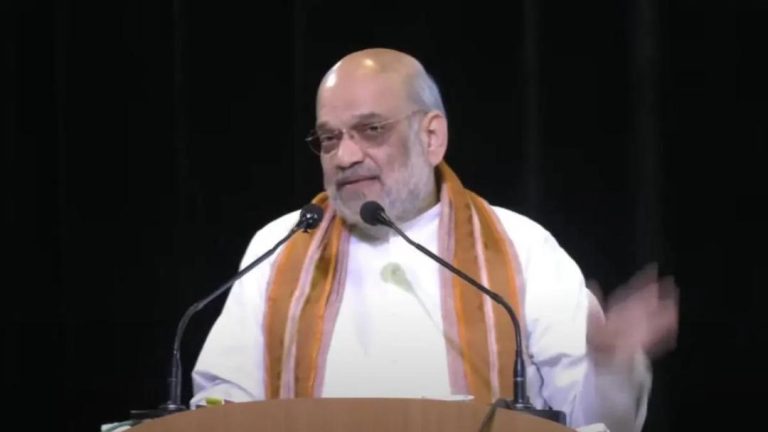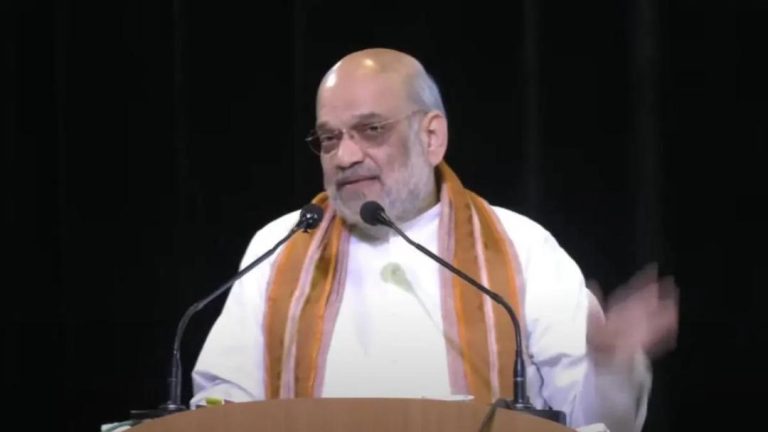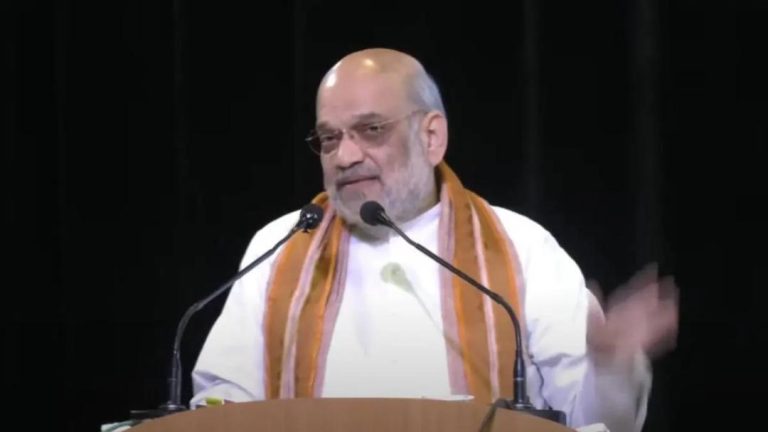
ED Imposes ₹3.44-Crore Fine on BBC India over FEMA Violation
In a recent development, the Enforcement Directorate (ED) has imposed a hefty fine of ₹3.44 crore on BBC India for alleged violation of the Foreign Exchange Management Act (FEMA). The penalty is a result of an investigation into the British broadcaster’s financial transactions, which were found to be in violation of the Indian government’s regulations.
According to multiple reports, three of BBC India’s directors, Giles Antony Hunt, Indu Shekhar Sinha, and Paul Michael Gibbons, have also been fined over ₹1.14 crore each. Additionally, BBC India is facing a daily fine of ₹5,000 from October 15, 2021, until compliance with the FEMA regulations.
The ED’s action against BBC India is a significant development in the country’s efforts to maintain financial discipline and prevent foreign exchange violations. The agency’s move comes at a time when the Indian government is cracking down on individuals and companies that have allegedly evaded taxes or violated foreign exchange regulations.
The investigation into BBC India’s financial transactions was initiated by the ED in 2020, following allegations of irregularities in the company’s foreign exchange dealings. The agency had allegedly found that BBC India had failed to disclose certain financial transactions, which were deemed to be in violation of FEMA regulations.
FEMA is a critical piece of legislation that governs foreign exchange transactions in India. The act aims to regulate the flow of foreign exchange into and out of the country, and to prevent the misuse of foreign exchange for illegal activities. Under FEMA, individuals and companies are required to disclose their foreign exchange transactions to the authorities and to obtain necessary approvals for such transactions.
The ED’s fine on BBC India is a significant setback for the British broadcaster, which has been operating in India for decades. The company has been a prominent player in the Indian media landscape, producing a range of content, including news, documentaries, and entertainment programs.
However, the ED’s action against BBC India is not the first instance of a foreign media company facing regulatory action in India. In recent years, several foreign media companies, including Netflix and Amazon Prime, have faced criticism for violating Indian regulations and laws.
The ED’s move against BBC India is seen as a warning to foreign companies operating in India to comply with local regulations and laws. The agency’s action is also seen as a step towards promoting transparency and accountability in the country’s financial system.
In a statement, the ED said that it had imposed the fine on BBC India for alleged violation of FEMA regulations, including failure to obtain necessary approvals for foreign exchange transactions. The agency also alleged that BBC India had failed to disclose certain financial transactions, which were deemed to be in violation of FEMA regulations.
The ED’s action against BBC India has sparked a debate about the role of foreign media companies in India and their obligations to comply with local regulations and laws. Some experts have argued that foreign media companies have a responsibility to comply with Indian regulations and to promote transparency and accountability in their financial dealings.
Others have argued that the ED’s action against BBC India is a result of the company’s failure to adapt to changing regulatory requirements in India. The company was allegedly found to be operating in India without obtaining necessary registrations and approvals, which is a violation of FEMA regulations.
The ED’s fine on BBC India is a significant development in the country’s efforts to promote financial discipline and to prevent foreign exchange violations. The agency’s action is also seen as a step towards promoting transparency and accountability in the country’s financial system.
As the Indian government continues to crack down on individuals and companies that have allegedly evaded taxes or violated foreign exchange regulations, it remains to be seen how foreign media companies operating in India will adapt to the changing regulatory landscape.






